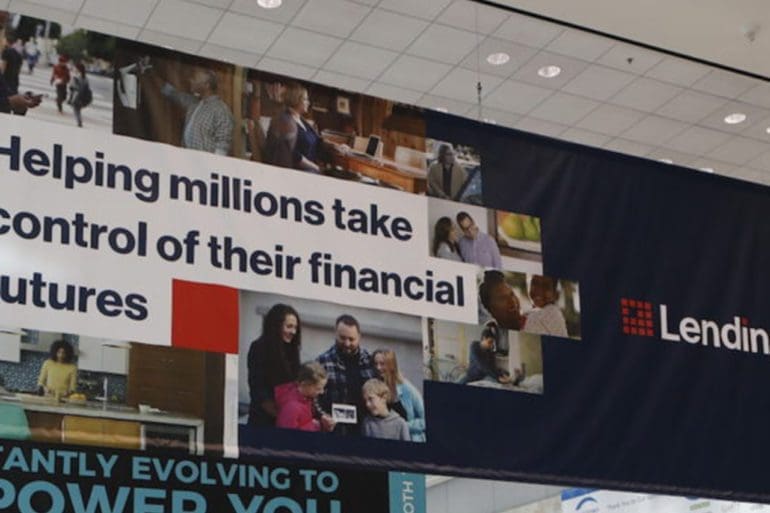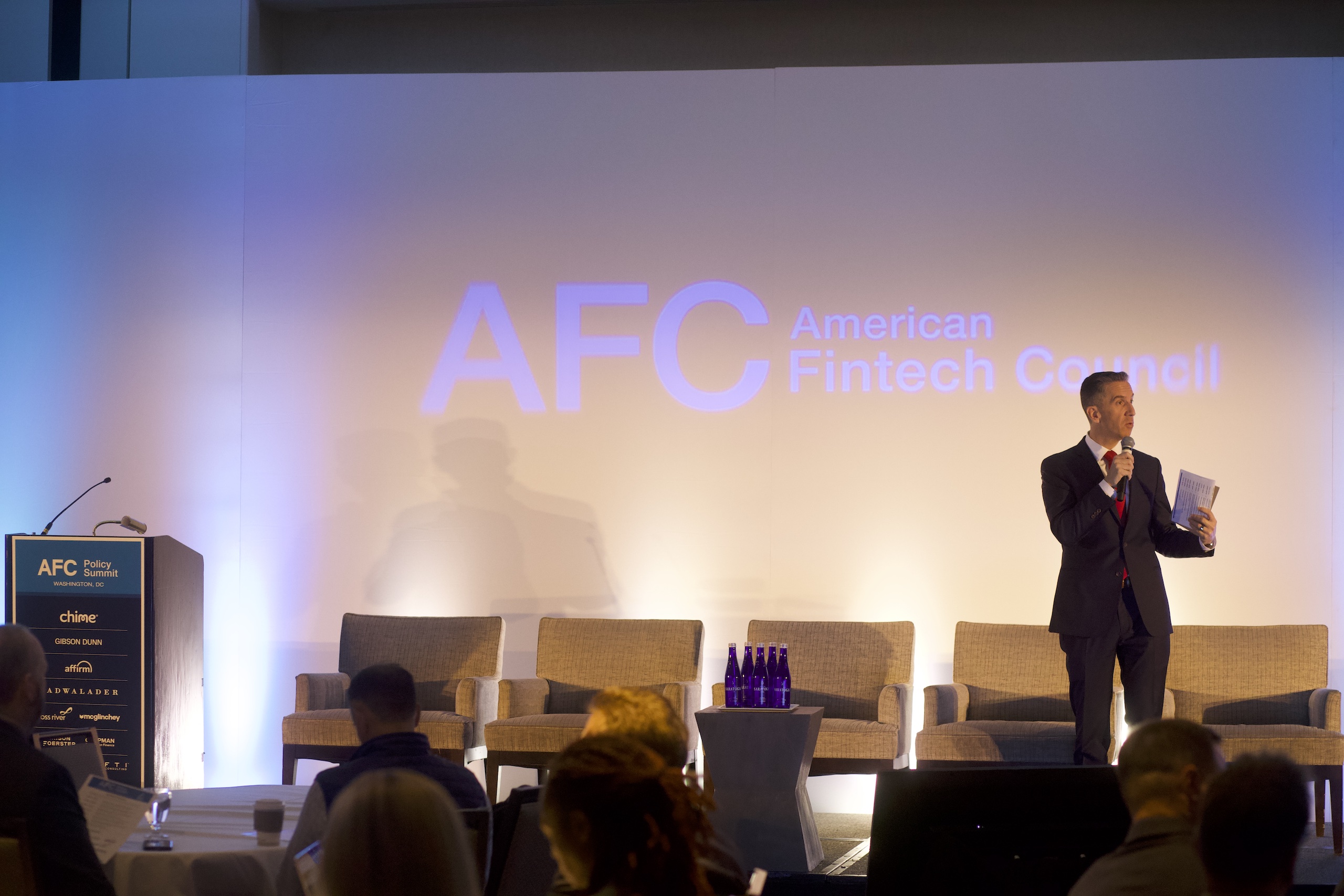US legislators have proposed that student loan debt be discharged in the case of bankruptcy; the current law gives added protection to student loan lenders by requiring the debt to be repaid in bankruptcy; lawmakers and lobbyists are also considering other provisions that would provide debt relief to student loan borrowers who have filed for bankruptcy; while the debt relief initiatives will benefit borrowers, the effects will add increased default risk for investors in private student loans and private student loan securitizations. Source
The Office of the Comptroller of the Currency (OCC) has published details on its fintech charter in a 16-page supplement to its existing OCC licensing manual; the fintech charter supplement addresses capital requirements, liquidity, financial inclusion plans, consumer protection and the application process; Lend Academy provides an analysis in their article; the release of the fintech charter will now be followed by an open comment period which ends on April 14; also noteworthy is that Thomas Curry's term as comptroller ends on April 9 however he can serve until a replacement is confirmed. Source
Lend Academy takes a retrospective look at the most important stories for the industry in 2016; regulation was a factor for the industry and 2016 included a white paper from the Treasury with consultation from seven federal agencies governing the financial services industry including the Securities and Exchange Commission, Office of the Comptroller of the Currency and the Consumer Financial Protection Bureau; the Office of the Comptroller of the Currency proposed its new fintech charter and the Marketplace Lending Association was formed as an advocate for the industry; other highlights included a $50 million investment in US P2P loans from Chinese marketplace lender CreditEase and a leading market position from SoFi. Source
The Marketplace Lending Association was launched in April of 2016 and is one of the industry's leading advocacy groups; in September it hired Nat Hoopes to lead the Association and represent the industry in Washington, D.C.; Lend Academy interviews Nat Hoopes in their most recent podcast, providing details on his background in the industry, the evolvement of the MLA and his insight on the current regulatory developments affecting marketplace lending. Source
The last day of the year is normally pretty quiet as far as news goes but LendingClub had two major...
The Financial Conduct Authority (FCA) has approved LendingCrowd for full FCA authorization which allows the company to offer investments through IFISAs; the approval follows a £2.75 million Scottish Enterprise investment in the platform's small business loans last week; the FCA's last approval was in October for P2PFA member firm, Lending Works. Source
The American Fintech Council Policy Summit in Washington DC brought together fintech, banking and government leaders for a full day of learning and networking.
I first wrote about the GAO report on p2p lending last year. The GAO have been doing an analysis of...
Banks have been given a deadline of early 2018 to comply with new regulations that will allow for open banking; many industry experts believe this deadline is too tight; to comply, banks would need to completely overhaul their current security infrastructure and banks are not known to rapidly change anything; the UK's big four - Lloyds Banking Group, HSBC, Barclays and Royal Bank of Scotland - control 77% of personal current accounts and 85% of business accounts; these new regulations will allow consumers to control access to their data and give them comparison tools to shop for the best mortgage, credit card or loan. Source
This week, the Consultative Group to Assist the Poor (CGAP) proposes improvements to the loosely-regulated fintech sector in sub-Saharan Africa, particularly Kenya; CGAP is a global partnership of 34 leading organizations advancing financial inclusion; they note fintech companies may inappropriately publicize a borrower's personal information if they default on a loan, and others may sweep a user's social media data with minimal notice to the consumer; a key step, by law and proactive process, is to rigorously include all fintech platforms under existing laws for lenders in Kenya. Source



